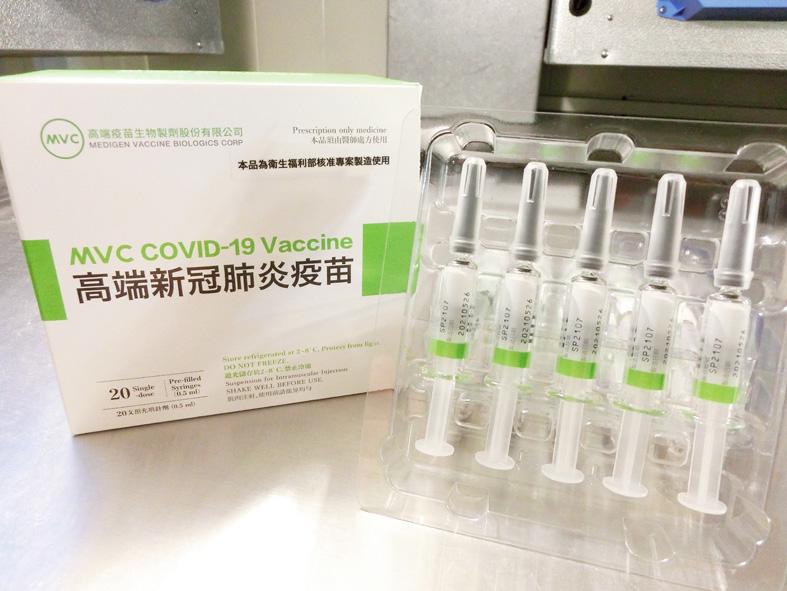Chinese President Xi Jinping’s (習近平) unscheduled visit to Tibet on July 20 attracted extensive international attention.
Although Chinese media said that Xi’s visit was meant to celebrate the 70th anniversary of the accession of Tibet to China, Tibet has remained a politically charged issue for China as well as the international community.
The genesis of the turbulent ties between Tibet and China dates back to 1951, when the Chinese regime annexed Tibet through a seven-point agreement. China has used this agreement as proof of its sovereignty over Tibet.












